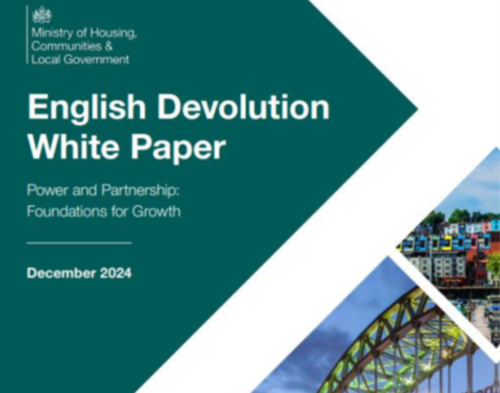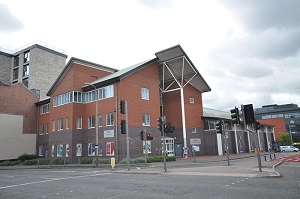News & views
Chamber reacts to announcement of regional funding
4 March 2019

East Midlands Chamber has given a cautious welcome to the Government funding announced this morning for “less well-off” regions.
In total, the Government has pledged £1.6bn over seven years, with £1bn earmarked for specific areas, including the Midlands, on a needs-based formula and the balance available for UK communities to bid for.
Jane Cowley, Chair of LBV said: “This is a timely announcement, following on, as it does, from our ‘Investment in Leicestershire’ debate in February. The call to action from that event was for greater cohesion between all sectors and for the private sector to be informed and vocal.
“By working alongside East Midlands Chamber and other strong local and regional agencies and organisations, LBV will continue to provide a voice to local businesses in key debates such as securing investment for the city and county.”
Scott Knowles, Chief Executive at the Chamber, said: “Long-term funding for the regions is extremely important to encourage investment.
“While welcoming that much of the £1.6bn identified this morning could come to the Midlands, it is a relative drop in the ocean when spread over seven years and we will be watching keenly to see exactly where the money goes both in terms of geography and sector.
“We look forward to working with the D2N2 and Leicestershire local enterprise partnerships to ensure that whatever money comes to the East Midlands is used to maximum impact.
“Last July, the Government announced a Shared Prosperity Fund (SPF) to replace European Structural and Investment Funds (ESIF) to tackle inequalities between communities by raising productivity, especially in those parts of our country where economies were identified as being furthest behind.
“Building on today’s announcement, more detail is now needed on how SPF monies will be made available and the extent of the fund. If Government gets it right, SPF and this latest tranche of investment could be a significant contributor to the rebalancing of the UK economy.”








